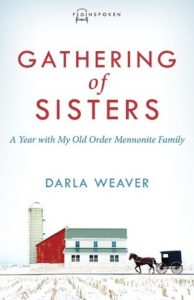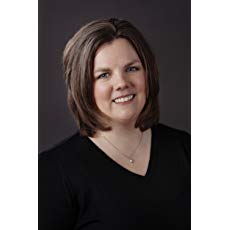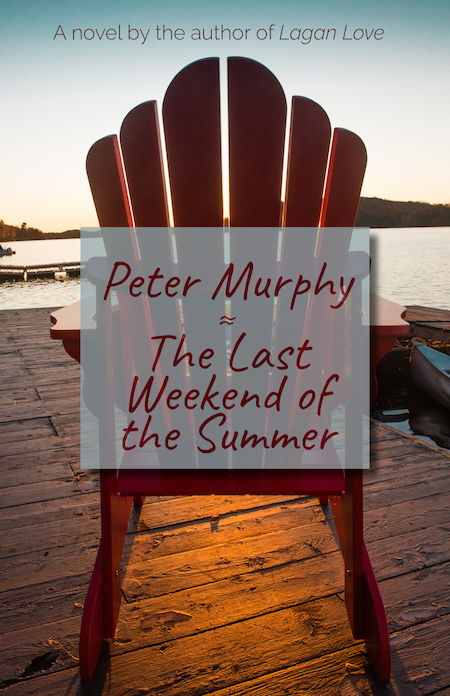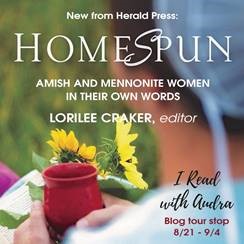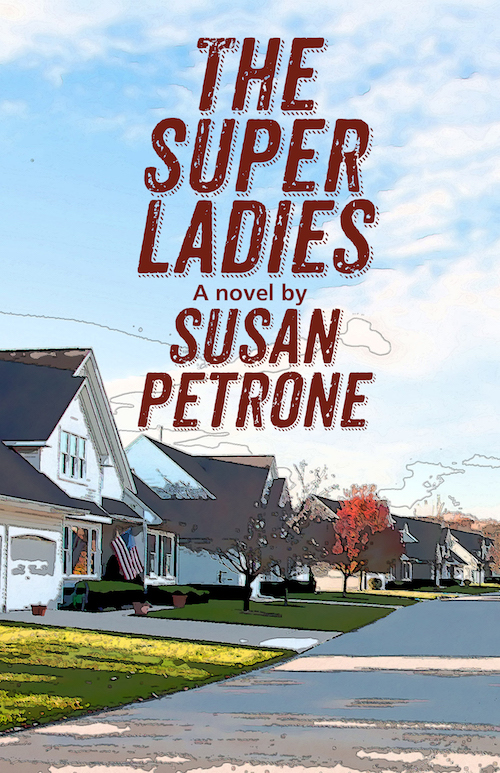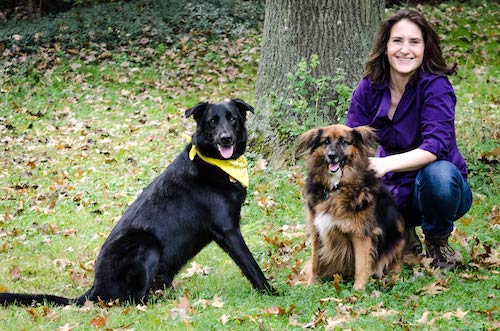Gathering of Sisters
October 23rd, 2018Gathering of Sisters:
A Year with My Old Order Mennonite Family
Spend a day with sisters.
Once a week Darla Weaver bundles her children into the buggy, hitches up her spirited mare, and drives six miles to the farm where she grew up. There she gathers with her four sisters and their children for a day with their mother. In Gathering of Sisters, Weaver writes about her horse-and-buggy Mennonite family and the weekly women’s gatherings that keep them connected. On warm days, the children play and fish and build houses of hay in the barn. In the winter, everyone stays close to the woodstove, with puzzles and games and crocheting. No matter the weather, the Tuesday get-togethers of this Old Order Mennonite family keep them grounded and centered in their love for God and for each other, even when raising an occasional loving but knowing eyebrow at each other.
The rest of the week is full of laundry, and errands, and work that never ends. But Tuesday is about being sisters, daughters, and mothers.
Hear straight from Amish and Mennonite people themselves as they write about their daily lives and deeply rooted faith in the Plainspoken series from Herald Press. Each book includes “A Day in the Life of the Author” and the author’s answers to FAQs about the Amish and Mennonites.
ISLAND BREEZES
I didn’t realize there were so many differences between Old Order Mennonites and Old Order Amish. They’re still Plain, but less Plain. You will understand when you read this book.
I truly enjoyed these ladies and didn’t really want this book to end. I always wanted a sister. Now I wish I could have had Sister Tuesdays.
Thank you, Darla Weaver, for sharing your sisters with me.
***Book received without charge from Audra Jennings PR.***
Read an excerpt from Gathering of Sisters:
January
Chapter 1: Tuesdays at Mom’s and the Tuesday Tablecloth
The calendars have all been changed. A new year is like a new book. What do the pages hold?
It began to snow this morning as five-year-old Matthan and I were on our way to Mom’s house, small flakes that meant business. Soon the world was a white blur, and we were wrapped in the middle of a still cocoon of softly falling flakes. It was rather like traveling through the middle of one of those snow-globes we used to have when we were children, where a vigorous shaking started a mini blizzard.
The six miles Matthan and I travel to Mom’s house follow a winding course through hilly back roads. Depending on whom you were to ask, these are high hills or small mountains. I use the terms interchangably. Whether hills or mountains, they are steep, with steep drop-offs sans any suggestion of guard rails.
I begin to worry a little about the dreaded snowplows, and fervently hope we won’t meet any. Actually, I admire the dedicated people who work in cold and stormy weather to keep the roads safe. It’s Charlotte our horse who doesn’t like to see the thundering iron beasts approaching. She always practices some fancy dance steps when one passes, and I’m afraid that someday she will jump down over a bank.
There are banks along the winding ridge road over which I have no desire to tumble. A few have only a narrow shoulder–less than a foot–from where the blacktop ends and the hillside makes an almost vertical drop into deep and rocky gullies where we wouldn’t stop falling right away. If Charlotte ever took us down over those it’s highly probable that we wouldn’t climb back up by ourselves.
In spite of her dislike of snowplows and other unusual beasts lumbering along the road, Charlotte is a good horse. Laverne bought her for me to drive after I had a mishap with his horse, and I certainly appreciated the gift. I depend on her for at least a weekly jaunt. She’s a pretty little mare just spirited enough to keep me on my toes when I’m driving her.
There are only two banks with such dangerous drop-offs along the hilltop road, and we pass them both, quickly and safely, as we have hundreds of times before. Soon we are heading downhill, down off the high ridges we call home, to where the rolling fields of Dad’s farm edge the road.
Their lane is rolling too. It rolls downhill to where a small stream of water, fed by a natural spring somewhere, idles lazily through a culvert underneath the lane, then climbs again. Past the greenhouses, the other sheds, the barn, up the hill to the big white house beneath the silver maples.
The horse and carriage Emily drives are already there when I arrive, and assorted bicycles and a stroller announce that I am the last to arrive. I normally am.
In the L-shaped kitchen and living room is the Tuesday morning chaos of arrival. We each haul along a box or basket–I use my laundry basket–or bag of some sort, with the items needed that day: work or crafts, food to contribute to dinner, the children’s innumerable paraphernalia, and books and magazines to exchange. It takes a while to stow away coats, decide who gets which issue of what, and sort out what we have brought for dinner, and plan a complete menu around it.
When I have my basket full of stuff emptied and sorted, I help myself to coffee and sit down at the table. “Guess what the editor at Herald Press wants me to do,” I announce when everyone is assembled. I didn’t expect them to guess of course. “She would like for me to do a book about a year of our days together and call it maybe ‘Tuesdays With Mom’.” Reactions vary.
“I suppose you would change all our names,” Mom said after a while.
That was a new thought for me, and one I didn’t want to consider. “Oh, no, that would be much too hard. We would just use everyone’s real name.” Merely the thought of renaming eighteen children exhausted me.
“Maybe you’ll have to Sunday-us-up a bit,” Emily suggested with a laugh. “Make sure we all use our best manners when you write about us.”
“Oh, yes, I won’t write anything you wouldn’t like,” I promised.
“She will still have to claim us as sisters,” Regina points out, as usual finding a positive angle to the topic. “She won’t make us sound too odd or ornery or anything.”
I promised not to.
Regina’s oldest daughter, Jerelyn, who at fourteen has graduated from eighth grade and is again spending Tuesdays with us, considered staying home for the entire next year to keep her name out of the book. But on a whole, no one really objects. Like Laverne and our children, Mom and my sisters are almost used to my compulsive scribbling. Almost.
The forenoon hours were busy as usual as we prepared dinner. Today Amanda brought pizza supplies, so Mom mixed up a batch of dough, enough to spread over two cookie sheets. I had taken along salad fixings, so while they layered on pizza sauce, sausage, cheese, and pepperoni, I chopped lettuce, grated carrots and radishes, added bacon bits and cheese, and tossed together a salad. Regina had brought some of her homemade baked beans, made with navy beans and limas, and that finished our meal.
While the pizzas baked we added extra leaves to the table and stretched it all the way across the kitchen. On Tuesdays it has to be lengthened to seat anywhere from about fifteen–in the winter—to its full twenty-four or twenty-eight (depending on how many children we can squeeze on the bench) in the summer. Even then, the oldest children have to take turns to fill their plates and eat picnic-style at a table on the porch.
We brought out the Tuesday tablecloth–so called because it’s the only one long enough to cover the entire length of the stretched out table. It used to be a bright blue-green, with a pattern of blocks that had flower designs in the center, but it has faded over the years to a smoky blue. The squares still tumble over its yards though, in various shapes and sizes, and the flowers still bloom.
I guess we sisters resemble the tablecloth a little bit. Over the years we’ve faded too. We’ve all added some extra pounds and wrinkles. Occasionally we commiserate with each other about a first gray hair, and glasses have become a reality, at least for me.
But those are simply the outward signs. In the fading years of youth we’ve matured–at least to a certain extent. We’ve added a few insights, gained some wisdom. The years have been kind, for the most part, if relentless; and what we’ve lost of the bright merriment of youth has been amply replaced by the settled contentment of these full, ripe, mellow years lived alongside the ones who grew up with us, and whose lives are forever entwined in the memories of yesterday.
About the author:
Darla Weaver is a homemaker, gardener, writer, and Old Order Mennonite living in the hills of southern Ohio. She is the author of Water My Soul and Many Lighted Windows, and she has written for Family Life, Ladies Journal, Young Companion, and other magazines for Amish and Old Order Mennonite groups. Before her three children were born she also taught school. Her hobbies are gardening and writing.
Book can be purchased from Herald Press.

